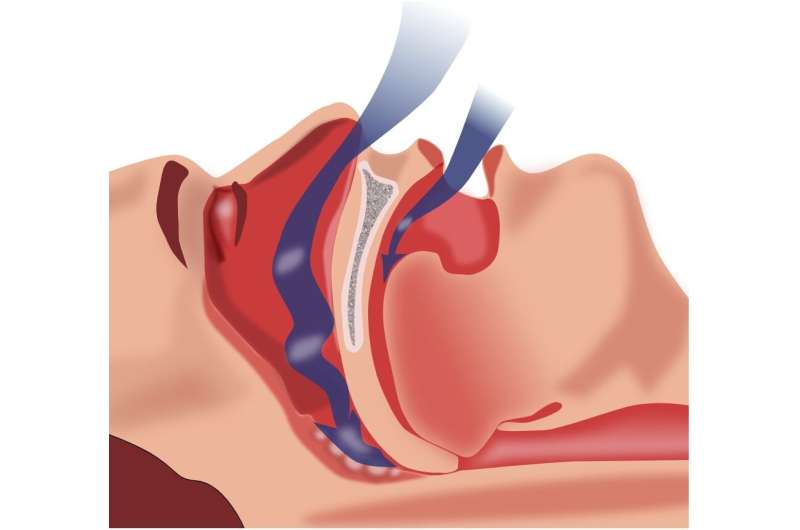Innovative Open-Source Diagnostic Tool Enhances Affordable Pathogen Detection in Low-Resource Settings

A novel open-source RT-LAMP assay offers a cost-effective, heat-stable solution for pathogen detection in remote and resource-limited areas, advancing global health diagnostics.
Researchers have developed a groundbreaking open-source diagnostic system that promises to revolutionize pathogen detection, particularly in resource-limited environments. This new assay employs a lyophilized reverse transcription loop-mediated isothermal amplification (RT-LAMP) technique, which is heat-stable and compatible with non-proprietary components. By utilizing entirely noncommercial enzymes, including reverse transcriptase, DNA polymerase, and uracil DNA glycosylase, the system reduces reliance on costly commercial solutions, making molecular diagnostics more accessible globally.
A significant hurdle in expanding widespread molecular testing has been the high costs and logistical challenges associated with traditional rapid tests. To address this, the team behind this innovation designed a freeze-dried (lyophilized) reagent system that maintains robustness even when stored at ambient or elevated temperatures, eliminating the need for cold chain logistics. This feature simplifies transport and storage, especially in remote or economically disadvantaged areas.
The assay was tested in both Vienna, Austria, and at the West African Center for Cell Biology of Infectious Pathogens (WACCBIP) in Ghana, demonstrating comparable performance across different environments. It can detect multiple pathogens rapidly and is adaptable for various sample types, including swabs and gargle samples, with high sensitivity. Additionally, the colorimetric readout allows for easy visual interpretation, enhancing its suitability for point-of-care testing.
The open-source nature of this platform means that local laboratories can self-produce enzyme mixes, further lowering costs and fostering self-sufficiency. The developers have shared the enzyme production protocols and vectors via platforms like Addgene, supporting widespread adoption. Moreover, the assay system incorporates contamination prevention measures, critical for use outside traditional laboratory settings.
According to co-first author Dr. Martin Matl, these innovations empower public health agencies and laboratories by offering a reliable, affordable, and logistics-friendly diagnostic solution. The system's versatility and validated performance across diverse conditions underscore its potential for broad field deployment, especially in low- and middle-income countries.
For more information, see the original study published in Life Science Alliance: DOI: 10.26508/lsa.202403167. Researchers continue to refine and promote this open-source platform to enhance global health responses to infectious diseases.
Source: https://medicalxpress.com/news/2025-07-source-diagnostic-tool-reliable-pathogen.html
Stay Updated with Mia's Feed
Get the latest health & wellness insights delivered straight to your inbox.
Related Articles
Success of Weight Loss Program in Breast Cancer Patients at One-Year Follow-Up
A groundbreaking clinical trial reveals that women with breast cancer can achieve significant weight loss through a remote intervention, potentially reducing recurrence risk and improving long-term outcomes.
Mounjaro Approved for Sleep Apnea Treatment: How the Weight Loss Drug Works
Australia has approved the use of Mounjaro, a weight-loss drug, for treating sleep apnea in obese adults. Learn how this medication works and its potential benefits.



